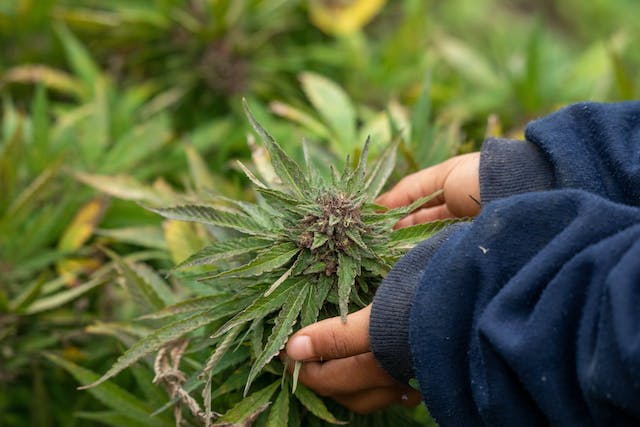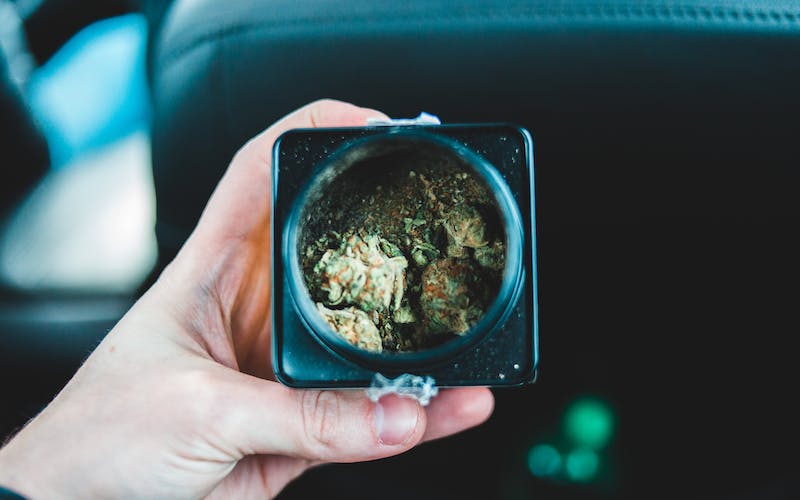As the legal cannabis industry continues its global expansion, entrepreneurs, investors, and industry service providers are learning that regulatory and compliance issues pile up much faster at the international level than they do with domestic efforts. Every nation has rules, laws, and regulations about the importation and exportation of medical cannabis extracts. Many nations still prohibit such transactions entirely.
Global cannabis concentrate pursuits are often a two-edged sword. There is tremendous profit potential, but there is risk involved as well. To help entrepreneurs with their international cannabis endeavors, I recently co-founded The Talman Group, a full-service research and development company based in Slovenia. The Talman Group specializes in cannabis and hemp products and systems development, with an emphasis on regional and international regulatory compliance.
Business owners trying to bring cannabis products to the legal international market have two options. The first is to navigate the regulatory and legal labyrinth alone, which never seems to go well. If history is any guide, failure to involve experts can result in potential safety issues for employees and patients.
It can also lead to a cannabis company being non-compliant, and as a result, increasing the workload or losing profits. In some cases, it can mean the difference between the entity becoming the next great cannabis company or having to file for bankruptcy and dropping out of the industry forever.

The other option is to seek guidance and services from a business specializing in international commerce. By doing so, entrepreneurs, investors, and industry service providers can save time, headaches, and a considerable amount of money.
Something as simple as coming up with product packaging can be a daunting task. Every jurisdiction has packaging and labeling requirements, including child safety. Some legal markets require warnings on products, while others have requirements depending on the type of outlet through which the product will be sold. Further, these packaging and labeling requirements are constantly evolving. Each company’s strategies must evolve along with the shifting regulatory landscape.
In many markets, there are caps on the levels of cannabinoids products can contain. In some cases, cannabinoid levels must be very specific for products to be sold, such as one-to-one THC and CBD ratios. Someone can have the best cannabis product on Earth, but if it doesn’t meet the evolving specifications, it might as well not exist at all.
Beyond the product and packaging, there are logistical hurdles facing the international cannabis industry. Shipping bulk products around the world when they are not legal worldwide is not an easy task. There are a variety of potential pitfalls and stumbling points. Teaming up with experts with established networks will afford entrepreneurs more time to focus on developing and improving their products for a global audience.
This article first appeared in Volume 5 Issue 2 of Cannabis & Tech Today. Read the full issue here.






